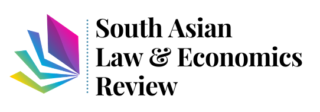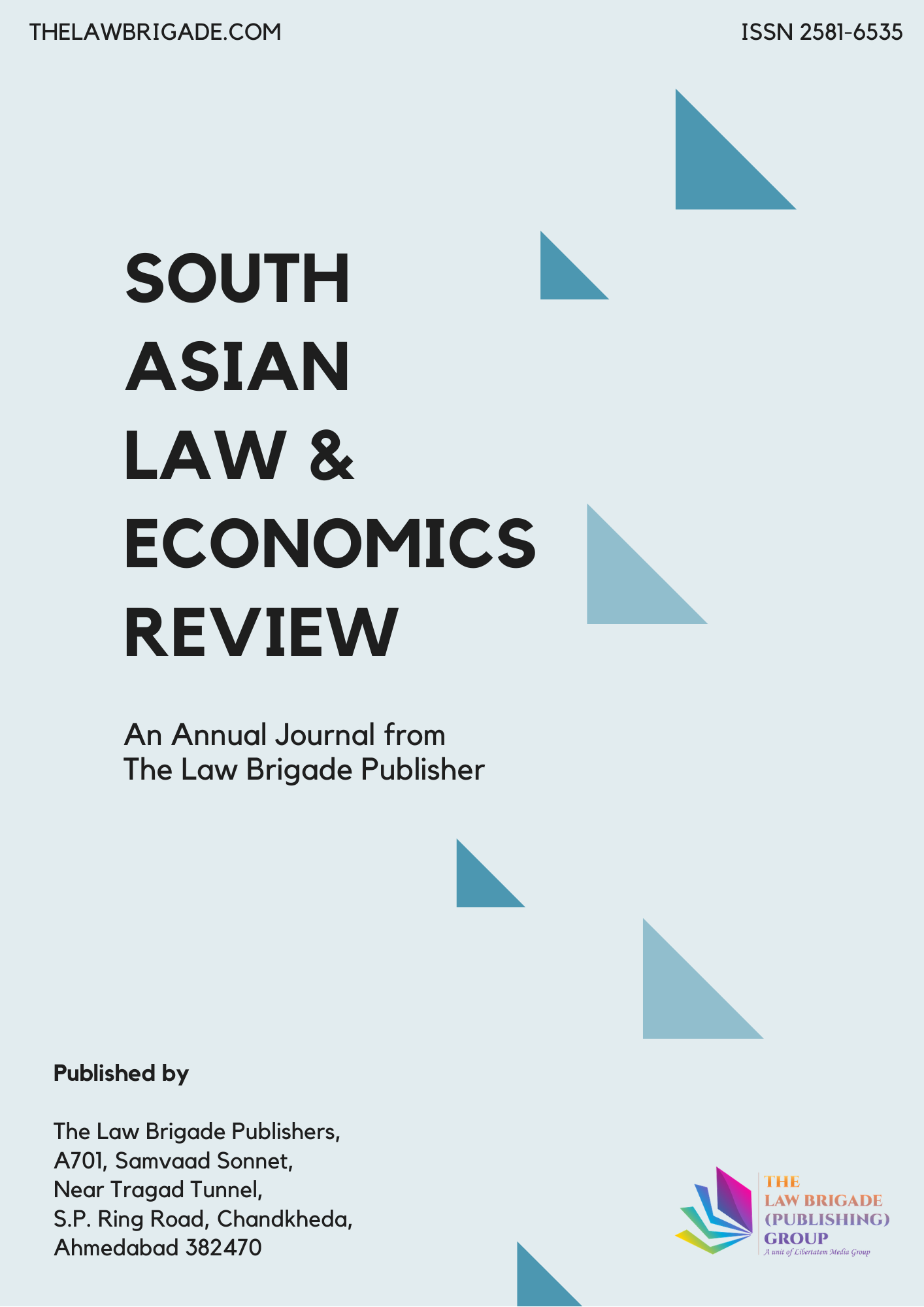The present age is rightly described as the digital age. The ever-growing use of latest technological advancements in the field of electronics and communications has almost changed the scenario of the day-to-day life of human beings. It seems that without the use of technology, it is very difficult to survive. This expansion of digital growth has impacted every walk of life. One of the most significant developments in this context can be seen in the unprecedented growth of social media including digital media. While social media has emerged as the most potent tool of social interaction, digital media is gradually coming up as an alternative to the print media. In both the cases, there appears to be absolute freedom to post any content and use any language on the various social media platforms. As a consequence, the users are airing their views and venting their pent-up feelings without maintaining the decorum of language. Digital media, by and large, is also without any statutory control. In part 3 of the Constitution of India, Article 19 provides the freedom of speech and expression to the citizens of India. But this freedom is not absolute and can be exercised with certain restrictions. These restrictions apply in the case of social and digital media also. But it appears that the users of social media platforms are bent upon crossing the barriers set by the Constitution itself. Similarly, the owners of digital media feel free to express their views flouting all prescribed norms. This paper explores the factual situation and tries to analyze the causes and suggests means to ameliorate the prevailing practices.
The Right to Freedom of Speech and Expression in the Digital Era: A Study in the Legal Perspective
Publication Information
Journal Title: South Asian Law & Economics Review
Author(s): Dr. Rakesh Chandra
Published On: 25/08/2023
Volume: 8
First Page: 97
Last Page: 105
ISSN: 2581-6535
Publisher: The Law Brigade Publisher
DOI Not Allotted [Get DOI]
Cite this Article
Dr. Rakesh Chandra, The Right to Freedom of Speech and Expression in the Digital Era: A Study in the Legal Perspective, Volume 8, South Asian Law & Economics Review, 97-105, Published on 25/08/2023, Available at https://saler.thelawbrigade.com/article/the-right-to-freedom-of-speech-and-expression-in-the-digital-era-a-study-in-the-legal-perspective/
Abstract
Keywords: Freedom of Speech and Expression, Fundamental Rights, Social Media, Digital Media, Information Technology Act, 2000
Share this research
© 2015 - 2024 All Rights Reserved by The Law Brigade Publishers
Latest Publications
January 11, 2024





